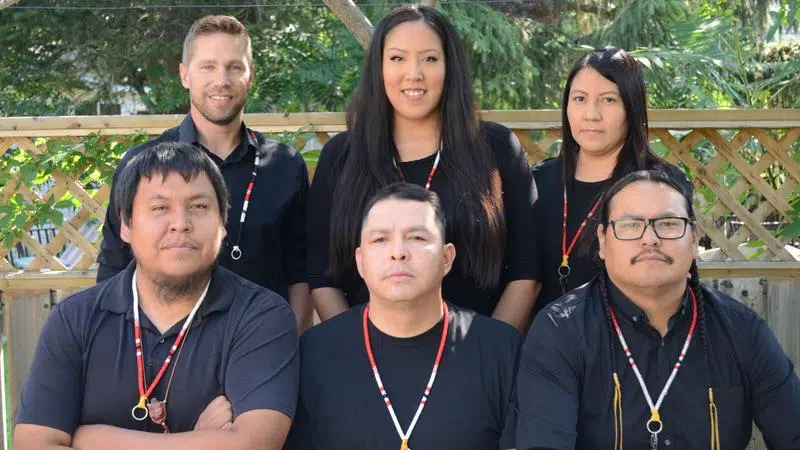
Lethbridge’s Indigenous recovery coaches seeing results for those seeking help
LETHBRIDGE, AB – According to Indigenous Recovery Coach (IRC) Jerry Firth, their program in Lethbridge might be the only one of its kind in the world.
While recovery coaches are becoming more popular in places like the United States, he says that none offer programs and services specific to Indigenous cultures.
Generally, the program offers recovery plans based on specific needs, connecting with Indigenous Elders, helping those in recovery become more stable in their life and career, and providing emotional and motivational support.
Joey Blood, another one of ARCHES’ five IRC’s, tells Lethbridge News Now that every single case is unique but claims that, in the majority of cases where Indigenous peoples come to them seeking help for addictions, they do find a level of success.


